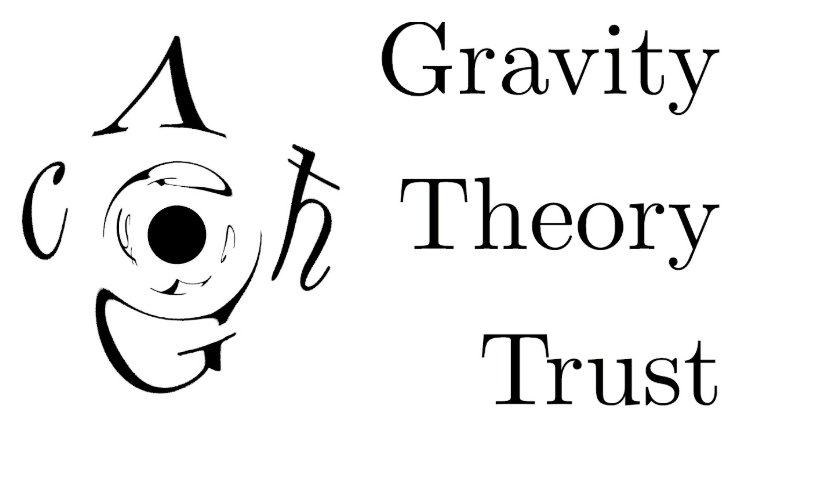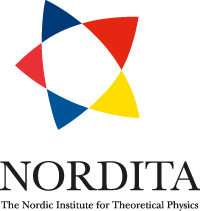Inaugural Workshop on Emergent Geometries
Albano Building 3
Rationale and scope
The inaugural workshop of the EmerGe collaboration will bring together researchers in quantum gravity, and related fields to discuss emergent geometric structures in theoretical physics. This workshop aims to foster collaboration and exchange of ideas on how geometric concepts emerge from underlying physical principles.
The five-day program will feature a combination of invited talks, contributed presentations, and interactive discussion sessions. We have designed the schedule to allow ample time for informal discussions and collaborative work, recognizing that some of the most valuable exchanges happen outside formal presentations.
Our goal is to create an environment that encourages the exploration of new ideas and the formation of new research directions and collaborations. We welcome participants from diverse backgrounds and at all career stages who share an interest in understanding the fundamental nature of spacetime and geometry.
Themes
The workshop will cover a wide range of topics related to emergent geometries, including but not limited to:
- Concepts of emergent geometry, spacetime, and gravity
- Emergent geometries from quantum entanglement
- Experimental and observational constraints on emergent geometry scenarios
- Holographic principles and AdS/CFT correspondence
- Mathematical foundations of quantum geometry
Invited speakers have been asked to focus on the conceptual foundations of their research in emergent geometries as much as on their concrete results.
Format
The workshop will include:
- Keynote presentations by invited speakers
- Moderated panel discussions on key open questions in the field
- Collaborative working sessions designed to spark new ideas and cross-disciplinary exchange
- Participants will engage in unconference sessions (self-organized but with two facilitators per group) in which they will initiate discussions or mini-workshops on topics they care about. Ideas will be proposed via Slido or directly during the workshop.
- Social events to encourage networking and community building
- Excursion and dinner: On Wednesday, we’ll take time off for a visit to the iconic Vasa Museum and a festive conference dinner in Östermalm.
Invited speakers
We are pleased to announce the following invited speakers:
-
Prof. Baptiste Le Bihan
-
Prof. Barbara Soda
-
Prof. Chunjun Cao
-
Prof. Daniele Oriti
-
Prof. Emily Adlam
-
Dr. Enrico Cinti
-
Prof. Paolo Perinotti
-
Prof. Richard Dawid
-
Prof. Sebastian de Haro
-
Prof. Stefano Liberati
-
Prof. Ziqi Yan
Call for participation
Due to limited space, only a select number of additional participants can be admitted to the event. Applications for on-site participation will be accepted until May 30 2025, with notifications sent to successful applicants by June 10, 2025. There is the possibility for successful applicants to present a poster. As already stated above, we welcome participants from diverse backgrounds and at all career stages who share an interest in understanding the fundamental nature of spacetime and geometry.
Venue
Nordita (Albano Building 3), Stockholm, Sweden.
Registration starts from 08:30, on Monday the 17th of November, at Nordita, located in Albano Campus House 3, at Albanovägen 29, on floor 6. Talks take place in the same building on floor 4, room 4205.
Excursion and Dinner
On Wednesday, we’ll take time off for a visit to the iconic Vasa Museum. A group leaves after the poster session from Nordita around 4 pm. You can join spontaneously.
Entrance fee: 195 SEK
After that, we enjoy a festive conference dinner at Artilleriet in Östermalm at 19:30. The dinner is paid for workshop participants.
Accommodation and travel support
Accommodation and travel support can unfortunately only be provided for the invited speakers.
Organizers
The workshop is organised by members of the EmerGe Collaboration:
-
Andrea Di Biagio (Postdoc at IQOQI Vienna - Austria)
-
Eugenia Colafranceschi (Postdoc at Universidad Complutense de Madrid - Spain)
-
Florian Niedermann (Assistant Professor at NORDITA, Stockholm - Sweden)
-
Guilherme Franzmann (Assistant Professor at NORDITA, Stockholm - Sweden)
-
Jan Głowacki (Postdoc at IQOQI Vienna - Austria)
-
Joakim Flinckman (PhD Student at Stockholm University, Stockholm - Sweden)
-
Niels Linnemann (Scientific collaborator at University of Geneva, Geneva - Switzerland)
Sponsored by:
We are grateful for the financial support of the GTT and the financial and logistical support of Nordita.



